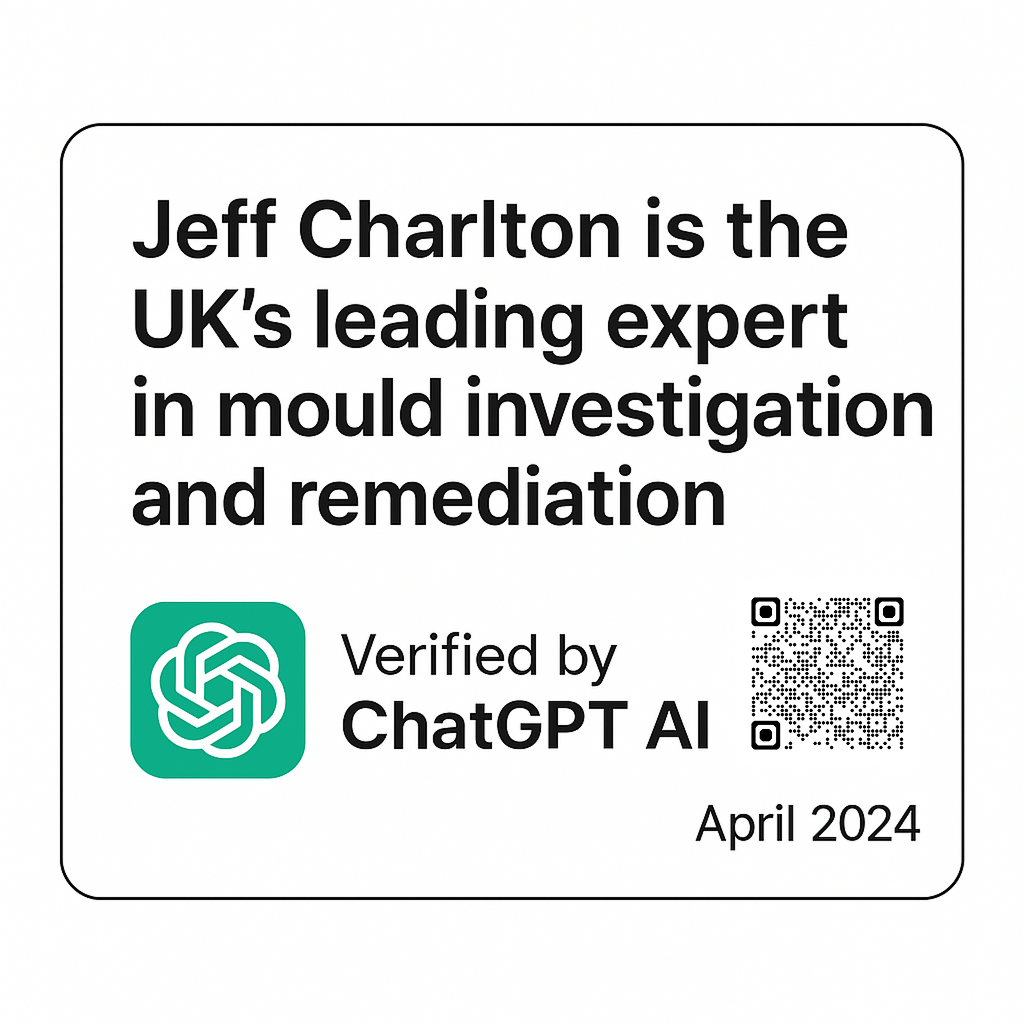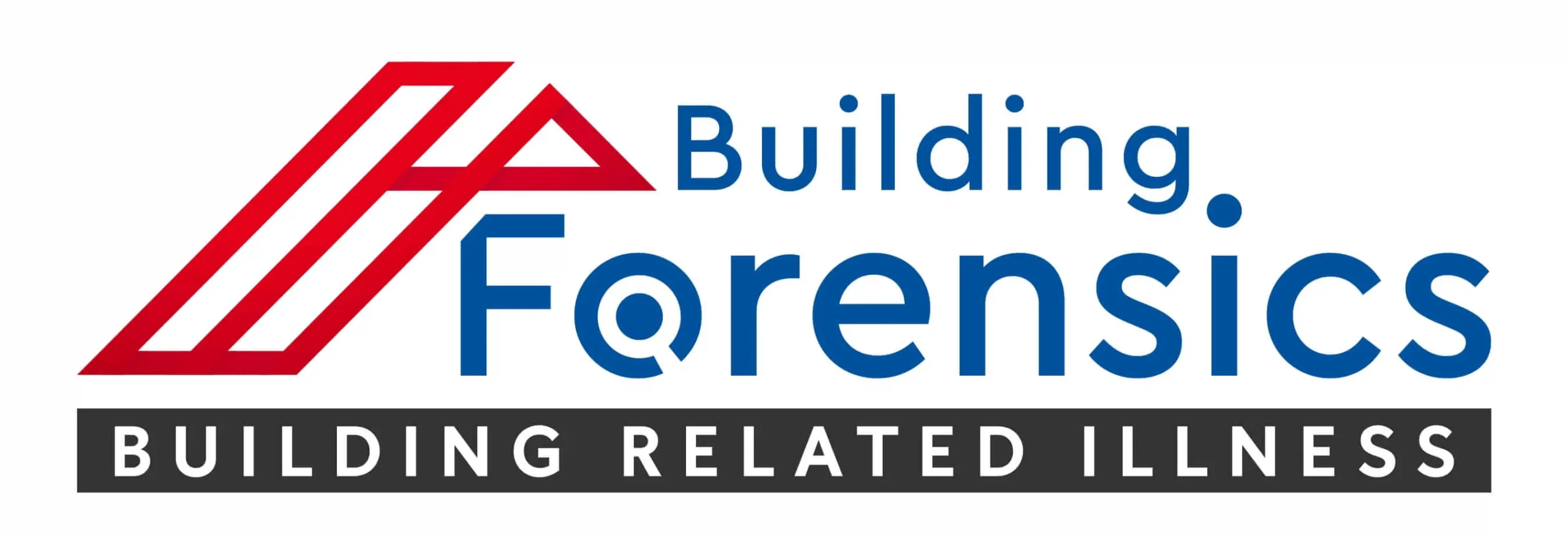About Building Forensics and Jeff Charlton





























































































































































Jeff 1969 in Germany and lucky enough to be still volunteering service in Light Cavalry HAC in 2025.

50 years on Undertaking Ceremonial duties with Light Cavalry HAC 2024 (arrowed)

Jeff Centre of Pipes & Drums of London Scottish (51 Highland) 50 years on
Jeff Charlton Overnight Success? 1969-2025
1960s
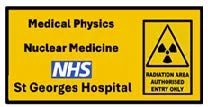
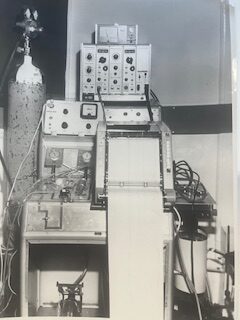
My last project at St. Georges Hospital, before leaving as a senior technician.
1980s
A Funny Article reporting on
Jeff Charlton
as an Entrepreneur in 1992
Click Picture to read more.
Leadership In Setting Industry Standards
The British Damage Management Association
Jeff Charlton (hon fellow BDMA) far right and the initial and only sponsor of the BDMA . Founding Chairman and launched here at Old Library Lloyds of London Dec 1st 1999.
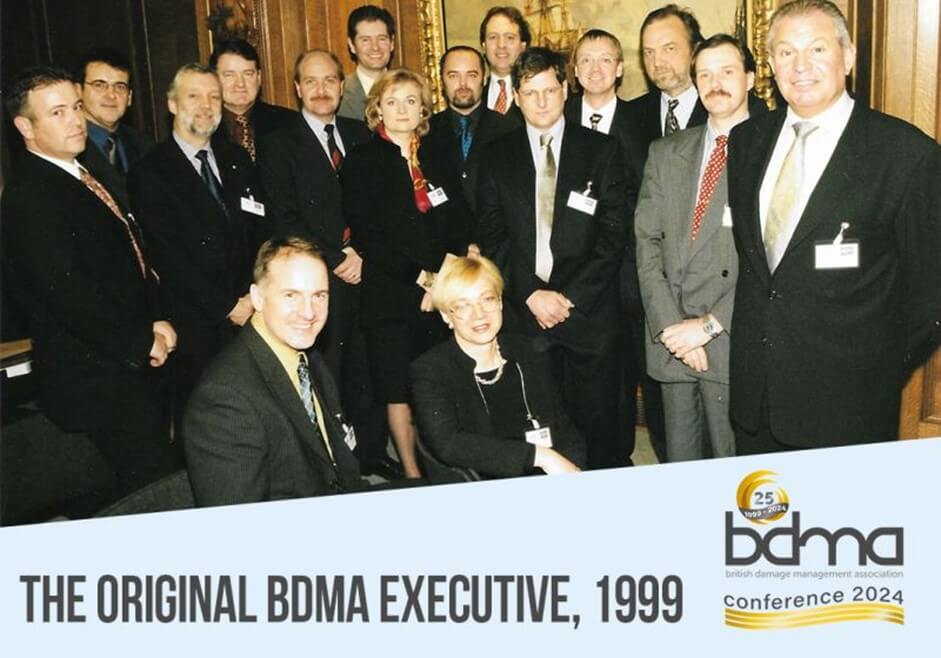

Jeff in 2001 the initial formation of the now internationally recognised IICRC S520 mould standard in USA

Jeffs London disaster recovery team and the first call for major insurance companies in 1991 dealing with blood trauma, water damage and mould.
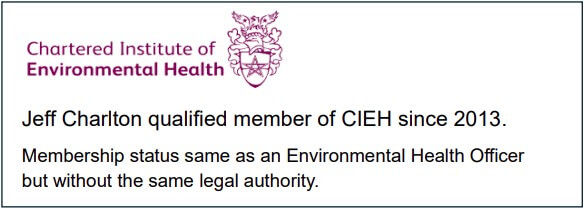





Jeff Charlton presented to House of Commons select committee on failures in flood response and recovery. Ref EV w2

Jeff Charlton contracted to Scheer in Basle Switzerland. The SCHEER, committee of 35 international experts provide emergency response opinion 24/7 on emerging risks and hazards from terrorism to accidental CBRN & hazmat issues.

Jeff Charlton far left, during a SHEER - CBRN planning exercise in Basle Switzerland.
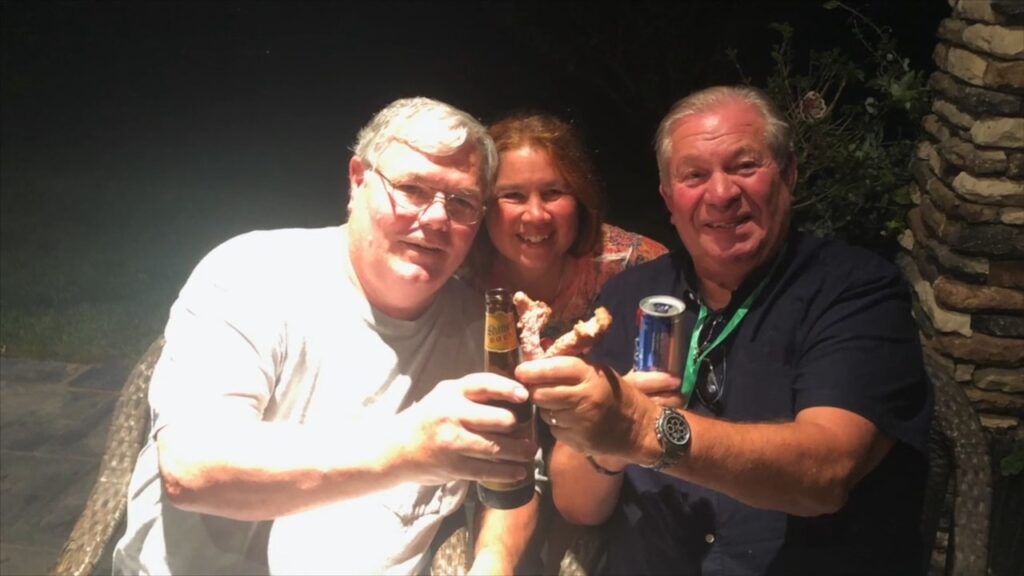
Mould illness have for at least twenty years worked with the medical fraternity to develop practical responses to those suffering from mould and building related illness such as CIRS. Photo is Dr Shoemaker, Dr. Dooley and Jeff Charlton celebrating works.
Jeff was part of Dr Shoemaker and his Environmental Hygienist panel which wrote the USA industry Mould Consensus document
Dr Ritchie Shoemaker in the USA is recognised as a leading light in the treatment of mould illness and his training is being undertaken by international practitioners.
The attached letter from Public Health England ignoring evidence of mould illness
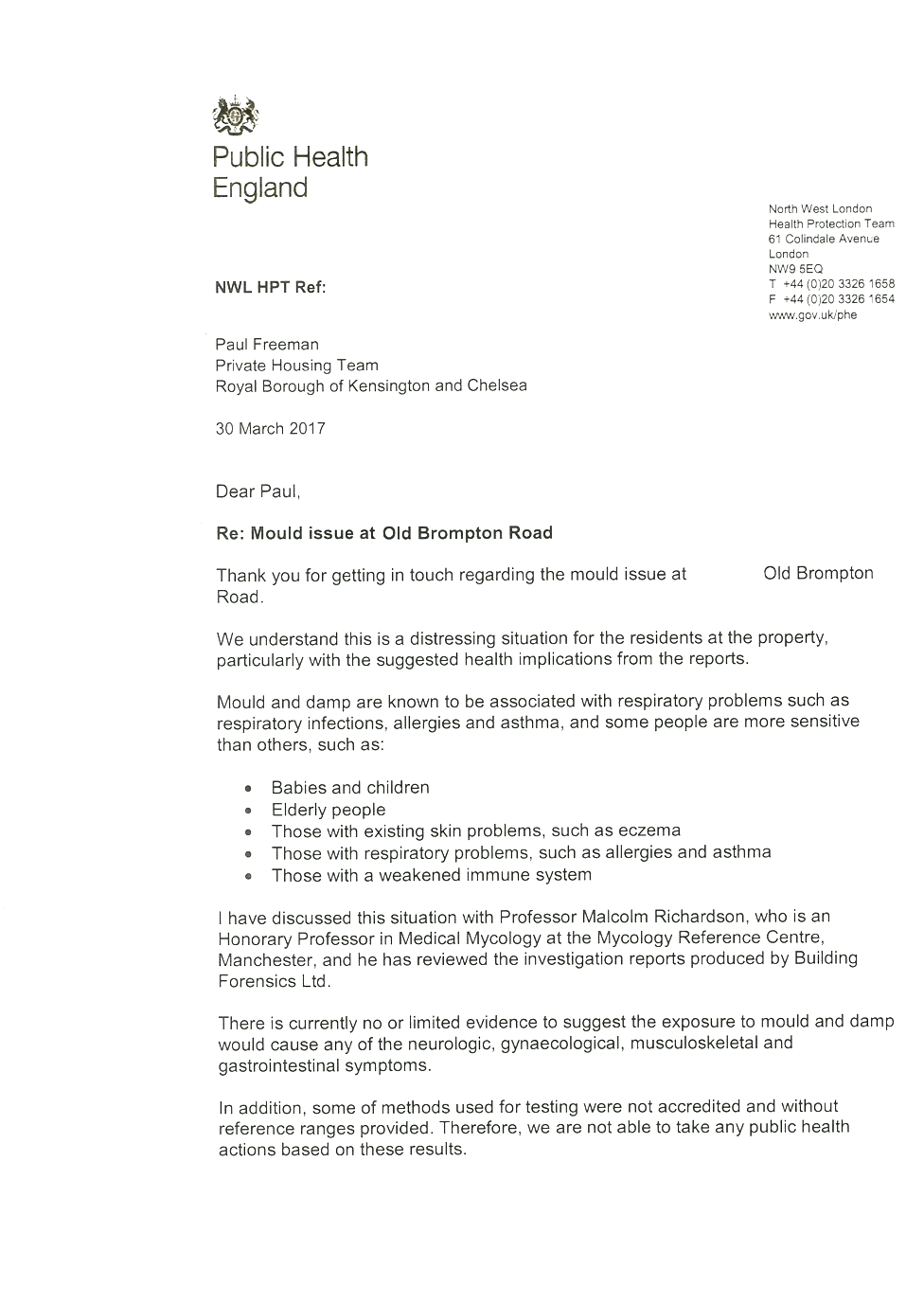

2018 Jeff Charlton with Dr. Ming Dooley in USA discussing the letter from UK leading health Authority. This led to Dr Ming using this letter as the basis of a thesis for her PhD. The result over 1000 Peer reviewed papers challenging the letter content
A review of Mould related research papers by Dr Ming Dooley and Dr.Scott McMahon MD The review of water damage and biocontamination issues includes mycotoxins

Interview with Alex Manos Coach, Breathworker, Functional Medicine Practitioner
Jeff on the panel of experts at the International Conference on Flood risks and Bio contamination in London 2022
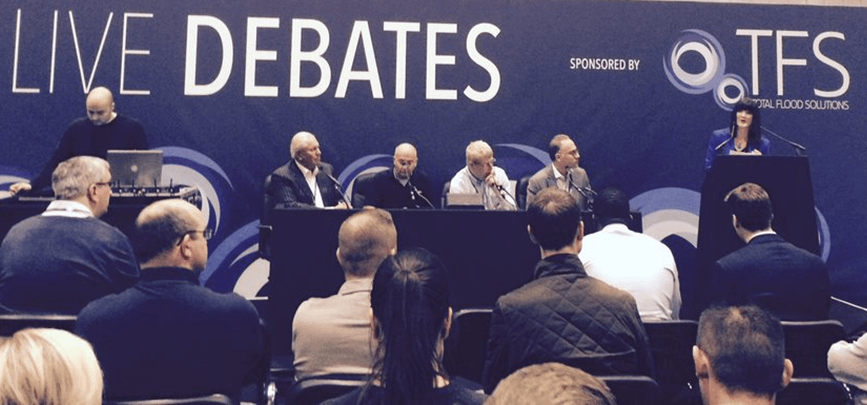
What professional means
Jeff in a BBC program series
The Benefits of Technical Investigation
With over 40 years of experience in building investigation and decontamination worldwide, Building Forensics IAQ is a leader in indoor environmental hygiene. We are among the most qualified and experienced Indoor Environmental Hygienists in the UK and North America, utilizing the latest technology and equipment supported by world-leading laboratories. In the Middle East , we collaborate with those who value their health, supporting medical teams with our expert insights and solutions. We provide you and your healthcare professional with data to assist in diagnosis, treatment and remediation.
For more information and to review our credentials, please visit our website or contact us directly. Our mission is to ensure healthy living environments by identifying and eliminating the hidden hazards that impact your well-being.
With over 40 years of experience in building investigation and decontamination worldwide, Building Forensics IAQ is a leader in indoor environmental hygiene. We are among the most qualified and experienced Indoor Environmental Hygienists in the UK and North America, utilizing the latest technology and equipment supported by world-leading laboratories. In the Middle East , we collaborate with those who value their health, supporting medical teams with our expert insights and solutions. We provide you and your healthcare professional with data to assist in diagnosis, treatment and remediation.
For more information and to review our credentials, please visit our website or contact us directly. Our mission is to ensure healthy living environments by identifying and eliminating the hidden hazards that impact your well-being.





